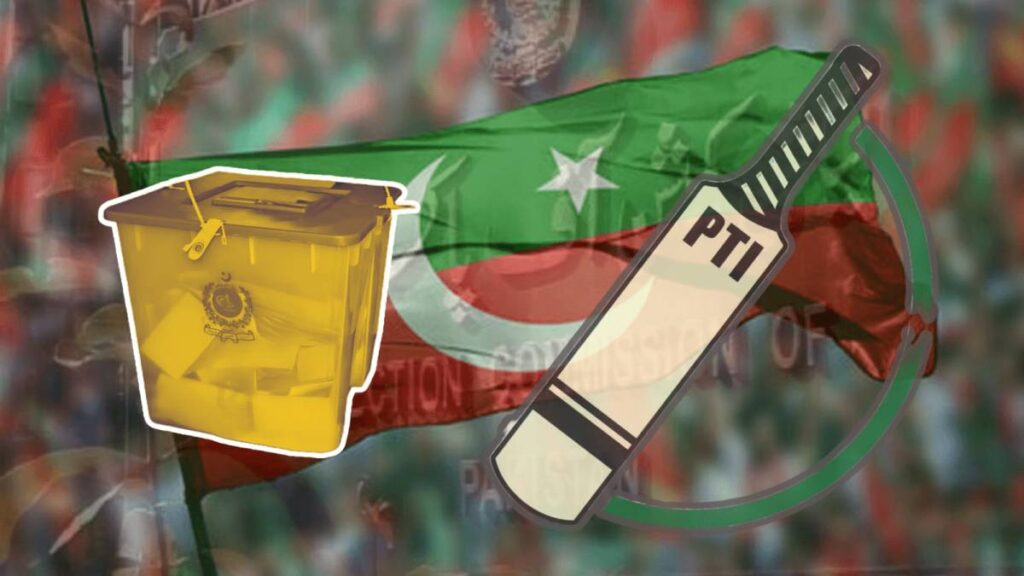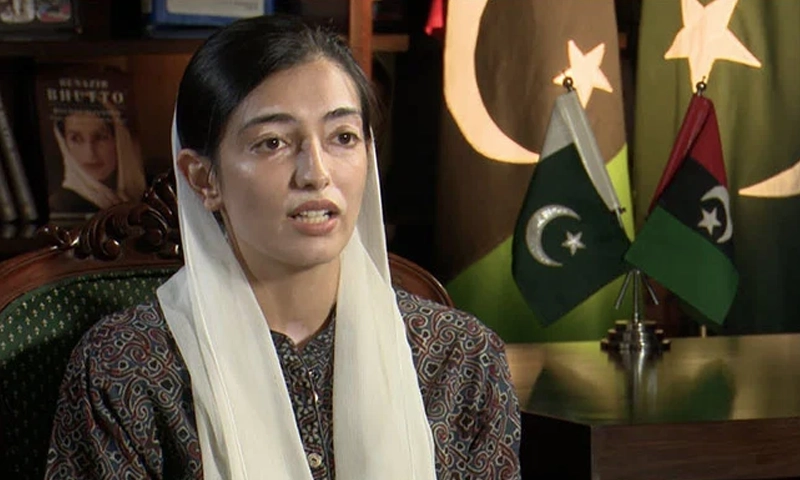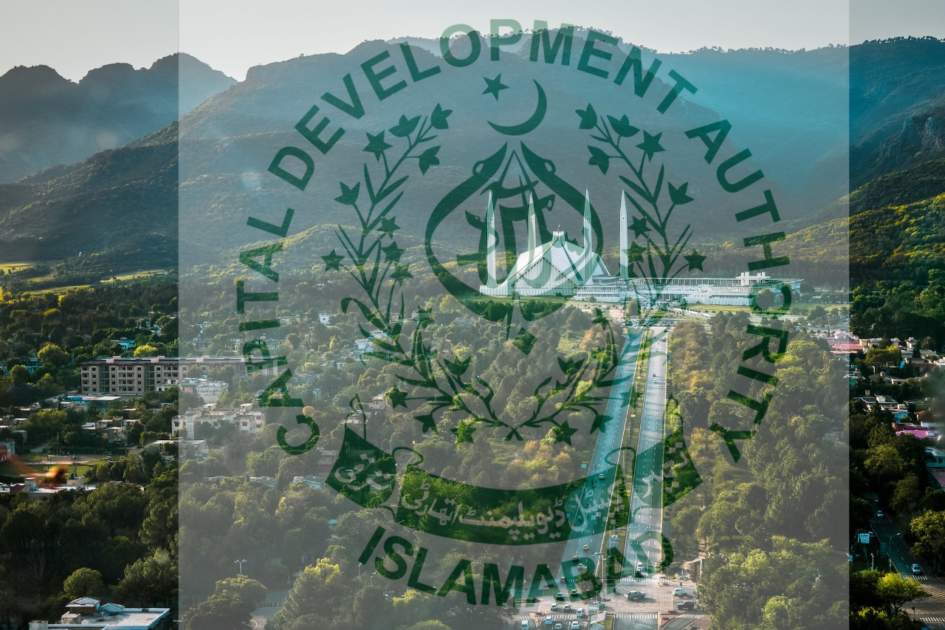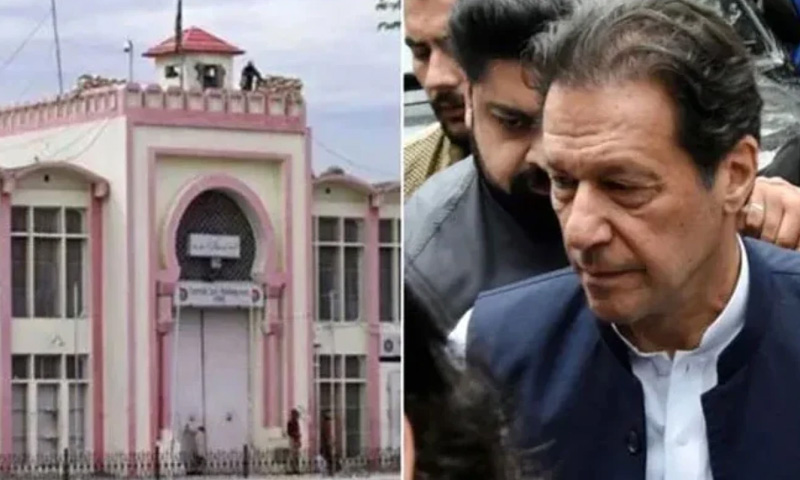- Zahid Gishkori Web Desk
- Aug 11, 2025
PTI faces exodus: 230 former MPs abandon ship in wake of May 9 turmoil
-

- Zahid Gishkori
- Nov 23, 2023

ISLAMABAD: In the hushed corridors of political uncertainty, a seismic shift rocked the Pakistan Tehreek-e-Insaf (PTI) as more than 230 former members of parliament chose to sever their ties with the party. The exodus, constituting 42% of the party’s former political stalwarts, sent ripples through the already polarized political landscape of the country, signaling a loss of trust in the wake of the May 9 incidents.
As the political landscape continue to evolve, the PTI faces not only a numerical setback but also a profound challenge to the very fabric of its support. The aftermath of the May 9 incidents had not only altered the dynamics but had set the stage for a political renaissance, where alliances shift, loyalties waver, and the future remains uncertain.
An investigation by the Hum Investigation Team (HIT) unveiled that these 230 former members, hailing from the National Assembly and provincial assemblies, held considerable political sway in their respective constituencies. Among them, a contingent of 65 ex-MPs remained shrouded in uncertainty, their lips sealed tight about their current affiliation with the PTI.

Undeterred by the exodus, a resilient cadre of 183 former MPs stand unwaveringly by the PTI. When pressed by the HIT to reveal their loyalties, they boldly declared, “We stand by the party and will contest upcoming elections.” This stalwart group emerged as a testament to the enduring support that the PTI retained, even in the face of dissent.

The enigma surrounding the 65 undecided ex-MPs deepened as 50 of them, predominantly from Punjab, 10 from Khyber Pakhtunkhwa (KP), and five from Sindh, chose to keep their decisions veiled. The PTI, which had triumphed in the 2018 general election with 478 seats, witnessed a fissure in its political fortress.

Of the 65 who remained in limbo, a significant chunk hailed from Punjab, the political heartland, with two more contingents from KP and Sindh. The PTI, with its 371 MPs directly elected on party tickets, faced a challenge as the allegiance of these undecided members hung in the balance.

Delving deeper into the political diaspora, the HIT investigation unveiled the destinations of those who had abandoned the PTI. Among the defectors, 70 joined the Istehkam-e-Pakistan Party (IPP), 60 aligned with the Pakistan Muslim League-Nawaz (PML-N), and 40 pledged allegiance to the Pakistan Tehreek-e-Insaf Parliamentarian (PTI-P). Additionally, 25 and 10 found solace in the folds of the Pakistan People’s Party (PPP) and Muttahida Qaumi Movement (MQM), respectively. The Awami National Party (ANP) and Jamiat Ulema-e-Islam-Fazl (JUI-F) each welcomed five estranged MPs into their fold during this tumultuous period.

Diving into the specifics, the investigation highlighted that 85 ex-MNAs had bid farewell to the PTI, with 69 being directly elected members, 11 women from reserved seats, and five from minority quotas. The geographical breakdown revealed a significant exodus from Punjab, where 52 former MNAs departed, along with two from Islamabad, 15 from KP, and two from Balochistan, leaving a void of 14 from Sindh.

In the labyrinth of departures, a glimmer of loyalty remained in certain quarters. National Assembly’s former deputy Speaker, Qasim Suri, stood steadfast with the PTI in Balochistan, while the federal capital echoed with a resounding absence of party allegiance.

Amidst the tumult, seven former MNAs in Sindh, including Faheem Khan, Saifur Rehman, Alamgir Khan, Attaullah, Aftab Jehangir, Nusrat Waheed, and Ghazala Saif, held their ground. A beacon of hope emerged as 34 former MNAs unequivocally pledged allegiance to the PTI, showcasing resilience in the face of adversity.

In KP, 30 former MNAs remained anchored with the PTI, their names etched in the party’s narrative of determination and commitment. From Balochistan, however, five out of seven former MPAs, including a woman on a reserved seat, chose to part ways with the PTI.

The disquiet spread to the provincial assemblies, where 14 out of 30 former MPAs, including women members, bid adieu to the PTI. KP witnessed the departure of 38 out of 95 former MPAs, while Punjab, despite the loss of 86 former MPAs, retained the support of 93 members in the provincial assembly.

The intricate web of political affiliations revealed a staggering reality—the PTI had lost the support of 80% of former MPs in South Punjab, now a focal point in the nation’s political battleground. The party, which had triumphed in Multan, Dera Gazi Khan, and Bahawalpur divisions with 27 out of 48 MNA seats and 56 out of 101 MPA seats in 2018, found itself grappling with the departure of 22 former MNAs and 36 ex-MPAs from these crucial regions.





